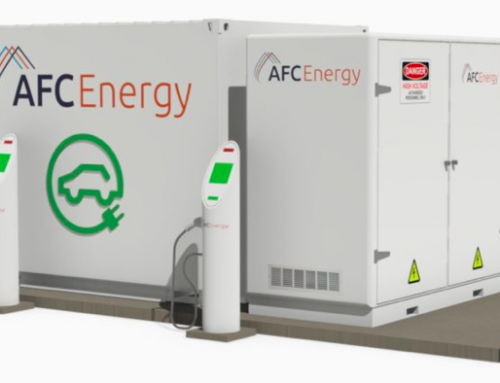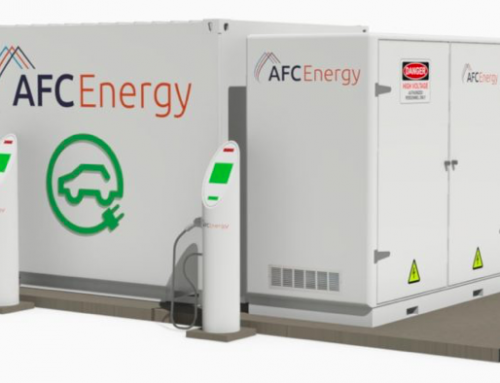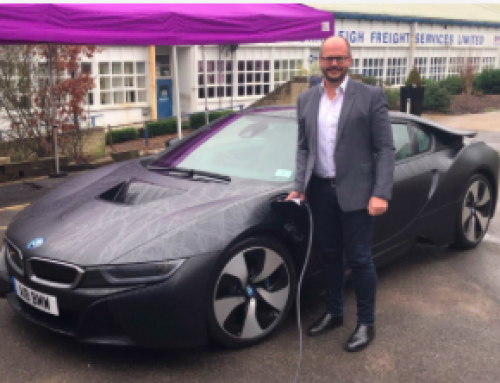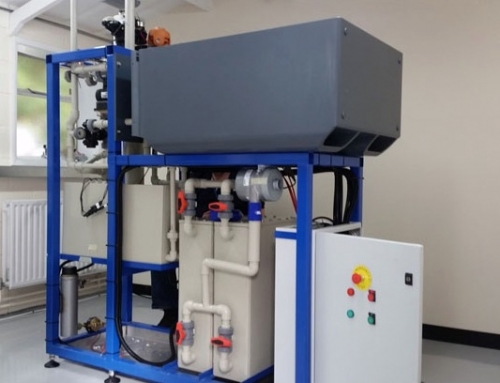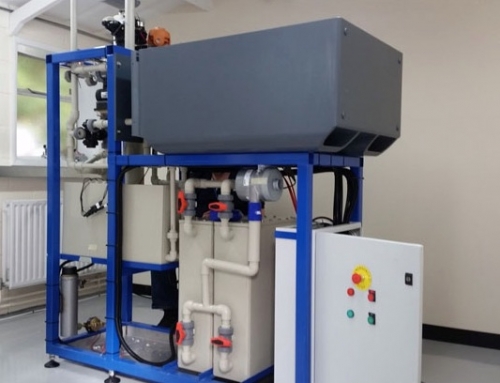By Stewart Dalby
AFC Energy is a London AIM listed company. It describes itself as a leading provider of hydrogen power generation technologies to generate clean energy in support of the global energy transition. Recently, on 23 June 2021 it released its the interim results for the half year ended 30 April 2021.The report clearly showed that during that period, through its hydrogen, fuel cells and battery technology, the small company had indeed been making a contribution to the energy transition.
The company first became interested fuel attract cells in 2015 –a time when this sector was beginning seriously to investors attention. Perennially loss making, it seemed, the group nevertheless appeared able to progress with its technology development through various grants and fund-raising placings—some of which sometimes resulted in substantial sums going into the company’s coffers.
Combined with AFC’s existing technology these monies enabled the company to produce a fuel cell based on the so-called alkaline fuel cell. This fuel cell has, it appears, the advantage over other types of fuel cells in working with impure hydrogen and ammonia and being relatively cheap, but with the disadvantage of less power for a given size.
AFC, continued to enhance its fuel cell, however, and on 7 November 2019 the group announced that it had it developed a version with high power density that could match other fuel cells. The main improvement came from a better internal membrane which allows a higher current to flow through the cell. AFC claimed, in another announcement, that the new membrane called, AlkaMem would also be valuable in electrolysers’, which generate hydrogen from electricity.
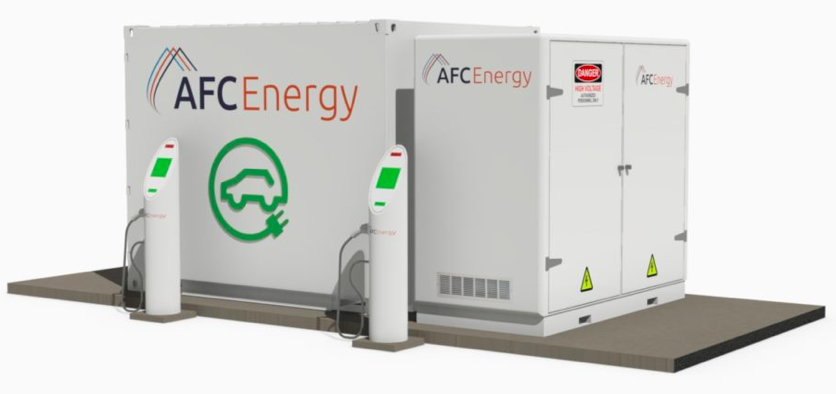
An AFC portable EV charger: picture: www.afcenergy.com
So, although AFC had been improving the performance and manufacturing of its fuel cells for several years, the company was in a state of indecision in settling on an appropriate and reliable market for its products. Vehicle manufacturers preferred alternative technologies because power density is of prime importance and clean hydrogen is available. Power density’s importance lies in the fact that the greater the density the shorter is the charging time.
Initially AFC’s focus was on industrial plants that produced hydrogen as a by-product and wanted to make their own electrical power with it. Then, the emphasis was on biomass plants that produce hydrogen. But never seemed to work too well.
So instead, the attention switched to the idea of off-grid chargers for electric vehicles (EVs). AFC developed a portable flexible EV charger for a demonstration to potential customers who are multi-user sites, such as fleet operators, car parks, buses and delivery vans, In short, any kind of vehicle that can constantly go back to their depots, garages or final destinations and recharge for hours at leisure, rather than needing a recharge that takes a few minutes.
Throughout the second half of 2020 AFC was able to continue to raise funds (sometimes substantially) to enhance its products and look for possible partnerships. Thus when the interim results for the six months ended 30 April 2021 were released in June 2021 they showed the company was clearly moving up a few notches and moving closer to commerciality.
Yes, revenue was only £0.15m (HY 2020 £nil), and yes there was a stronger cash balance of £61.6m (HY 2020 £2.8m) but with investment in product development and increased headcount there was an increased loss for the period of £3.3m (HY 2020 £1.8m).
Against this, however, the highlight of interim results was that AFC had closed deals with three new world class partners which will strengthen AFC’s route to temporary power markets. These companies are:-
ABB Group: This a Swiss-Swedish company which had revenues of US$26bn in 2020). It is a global leader in EV charging infrastructure that invests $400m annually in R&D. AFC’s broker W H Ireland believes, “That they have partnered with AFC is an endorsement of AFC’s technology.
Altaaqa Alternative solutions: This group is involved in zero emission power solutions in Saudi Arabia, the Middle East and North Africa regions.
Mace: This is a global company business in the vanguard of addressing the decarbonisation of construction sites and the need to remove urban air pollution from construction sites.
The share price of the £400.24m market cap AFC Energy was 54.57p last evening against a 52-week high of 85p and a low of 17p
Stewart Dalby is a shareholder in AFC Energy

